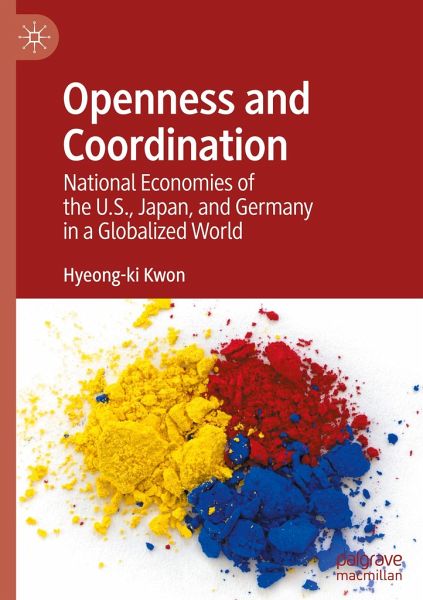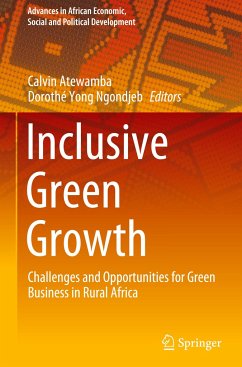
Openness and Coordination
National Economies of the U.S., Japan, and Germany in a Globalized World
Versandkostenfrei!
Versandfertig in 6-10 Tagen
91,99 €
inkl. MwSt.
Weitere Ausgaben:

PAYBACK Punkte
46 °P sammeln!
This book documents various patterns of re-constructing national economies in corporate globalization. As international competition toughens, major national corporations have been forced to reorganize themselves beyond their national boundaries in order to survive. The problem is that a serious tension arises between these national corporations' self-interests and the overall interests of their national economies. Contrary to neoliberal optimism and nationalist pessimism, globalization does not lead to natural upgrade or denationalization. This book examines how three nations, including the fr...
This book documents various patterns of re-constructing national economies in corporate globalization. As international competition toughens, major national corporations have been forced to reorganize themselves beyond their national boundaries in order to survive. The problem is that a serious tension arises between these national corporations' self-interests and the overall interests of their national economies. Contrary to neoliberal optimism and nationalist pessimism, globalization does not lead to natural upgrade or denationalization. This book examines how three nations, including the free-market liberal U.S., the statist model of Japan, and the social coordination model of Germany, have reconstituted their national economies.














